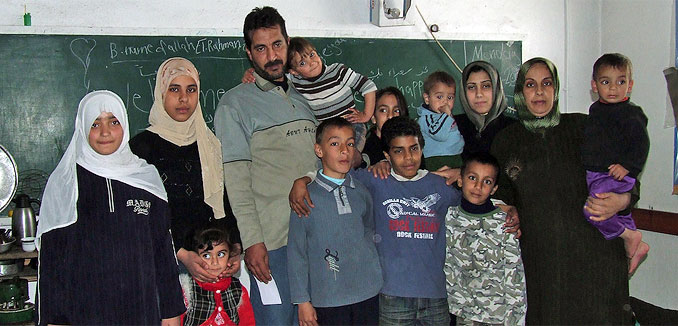A gathering of lawyers and jurists at United Nations headquarters today is asking whether the U.N. body tasked with dealing with Palestinian refugees – UNRWA – is providing humanitarian relief or “prolonging the Palestinian refugee problem.”
The issue is also addressed in this month’s edition of The Tower Magazine in an item written by Scholars for Peace in the Middle East Executive Director Asaf Romirowsky.
How many actual refugees are there? Surely over the years, many of those displaced have passed away, and such status does not normally transfer from generation to generation.
The issue is so emotive because, in many ways, Palestinian identity itself is embodied in the collective belief in a “right of return” to “Palestine.” Along with the belief that resistance to Israel is permanent and holy, Palestinian identity is largely based on the idea that the Palestinians are, individually and communally, refugees; that they have been made so by Israel; and that the United Nations should support these refugees until they can return to what is now Israel.
While the interests of all other refugees in the world are looked after by one organization, the UNHCR, UNWRA was established in 1949 solely to deal with the Palestinian issue. Moreover, Palestinians are the only refugees whose status is passed down indefinitely from parents to children. As a result today they number as many as five-million, compared to the estimated 600,000 in 1949.
The May 19 event brings together some of the world’s leading experts on the legal side of UNRWA’s mandate under the joint umbrella of The American Association of Jewish Lawyers and Jurists and The International Association of Jewish Lawyers and Jurists.




